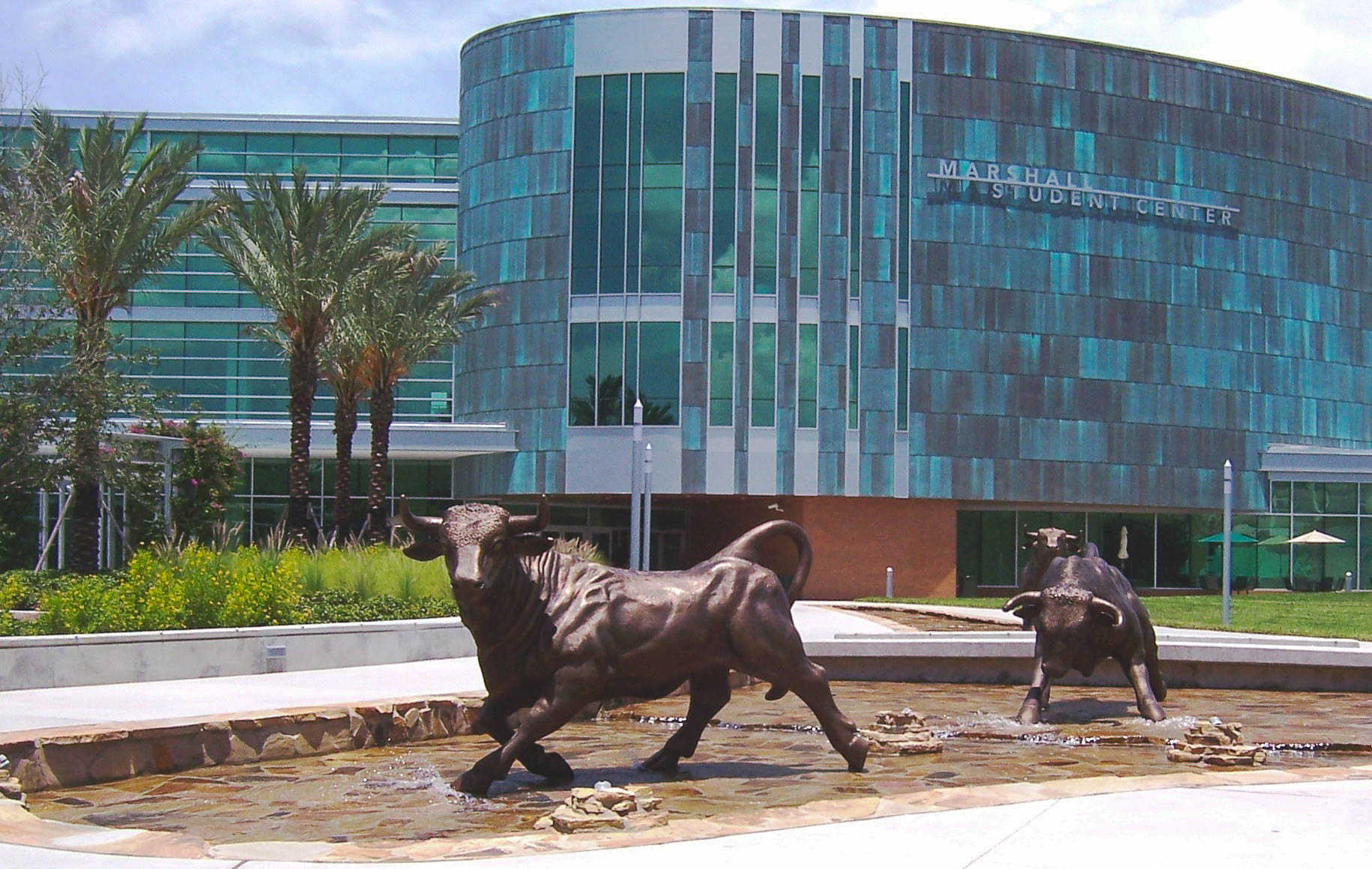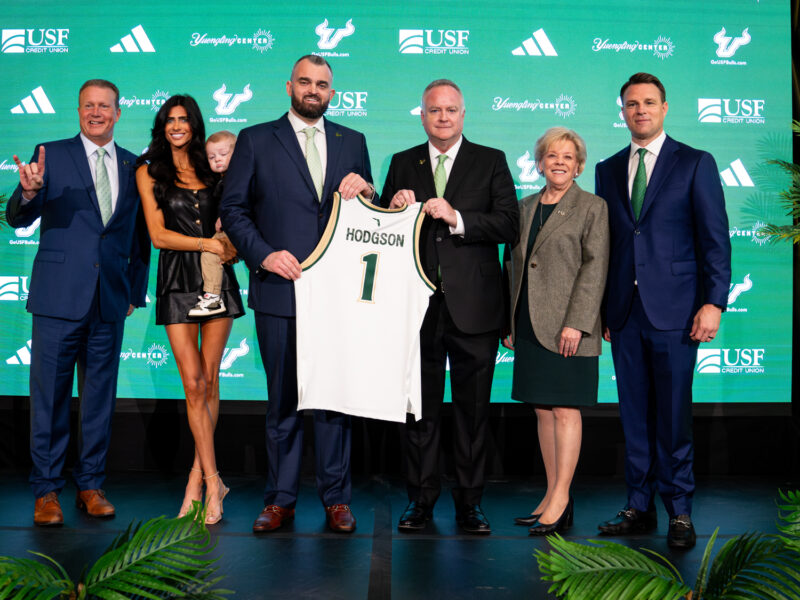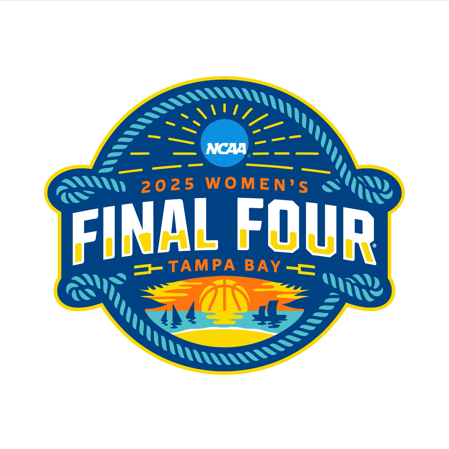Above photo: Despite four public records requests, the USF system has yet to release how much it paid a Boston labor lawyer to hold informational meetings with adjunct faculty members on unions and labor law. Courtesy of the University of South Florida
By Nancy McCann
It’s been more than two months since a Boston labor lawyer hired by the university met with adjunct faculty on all three campuses and taped a video that was sent to all adjuncts.
But the university still refuses to say how much Katherine Lev was paid or provide any records about her contract.
In emails to The Crow’s Nest and its attorney this month, the university’s spokeswoman and its general counsel repeated the university’s assertion that the records requested by the newspaper are exempt from disclosure under a provision of the state’s Public Records Law.
But the newspaper’s attorney, Alison Steele, responded that the narrow exemption cited by the university “does not apply to contracts between government agencies and outside attorneys, or to such attorneys’ invoices.”
Steele, a veteran media lawyer whose clients include the Tampa Bay Times, urged the administration to “make diligent inquiry to locate and produce its records” related to Lev’s engagement by the university “with substantially greater alacrity than has become its custom.”
At issue is the secrecy surrounding the role of Lev, a lawyer, labor law consultant and adjunct faculty member at Boston College.
Her name emerged as the university system’s 900 adjuncts neared a vote on whether to have a union – the Service Employees International Union – represent them in their quest for better pay and benefits.
The university strongly opposed the union drive at every turn, downplaying the potential benefits for adjuncts and criticizing the SEIU in several emails to adjuncts.
The university also brought in Lev, who had voluntary informational meetings with adjuncts on all three campuses on Feb. 13-15 and taped an eight-minute video that the administration emailed to adjuncts.
Lev and the administration stressed that she was neutral about the union and was retained to provide information and answer questions about unionization and labor law.
But some of the adjuncts who attended Lev’s meetings questioned her impartiality and accused her of using scare tactics against the union.
The opposition of the administration ultimately failed. Adjuncts decided to join the union on a 326 to 91 vote that was announced by the state’s Public Employees Relations Commission on March 13.
Four requests, four denials
Since March 3, The Crow’s Nest has submitted four public records requests seeking to find out what Lev was paid and obtain a description of the work she was hired to do for the university.
In mid-March, the newspaper was told by university spokesman Adam Freeman that “there are no public records that show whether or not she (Lev) was paid or how much, if any.”
The next day, shortly after repeating that there were no public records on payments to Lev, university spokeswoman Lara Wade corrected herself.
She wrote that records responsive to the newspaper’s request are “exempt from production under 119.071 (1)(d), Florida Statutes” until “conclusion, including any appeals, of the matter of SEIU, FPSU, CTW v. University of South Florida Board of Trustees before the State of Florida Public Employee Relations Commission; Case No. EL-2018-002.”
The case she cited includes the monthslong skirmish of motions and responses submitted to PERC by the union and the administration.
But Steele countered that “there is just no way that a public agency’s arrangements with any attorney fits within this exemption.”
In a March 28 letter to USF general counsel Gerard Solis, Steele asserted that the requested records are not exempt. The exemption cited by the university “is a narrow one” and not relevant to all attorney-client communications, she said.
“Florida’s Attorney General has repeatedly provided specific guidance with respect to the narrow reach of this exemption,” wrote Steele. “It does not apply to contracts between government agencies and outside attorneys, or to such attorneys’ invoices.
“Invoices may, of course, be redacted where they ‘genuinely reflect’ the attorney’s ‘mental impression, conclusion, litigation strategy, or legal theory,’ but otherwise records concerning fees and costs billed and payments to attorneys for public agencies are simply not subject to withholding.”
But the university continues to claim that the requested records related to Lev’s work are currently exempt from production.
Solis reiterated the narrow exemption for attorney work product – in Chapter 119.071 (1) (d) of Florida law – in his April 2 response to Steele.
“In sum, USF will produce responsive records to the extent the records exist and no exemption applies,” wrote Solis. “Finally, please keep in mind that there is no requirements to provide information about records produced so (The Crow’s Nest’s) questions may not always be answered to (its) satisfaction. This is unfortunate, but unavoidable from time-to-time given the volume of requests received.”
Wade repeated the same tight exemption when responding April 16 to an updated and expanded request made by The Crow’s Nest on April 12 for documents related to “any services provided and/or agreed to be provided by labor attorney Katherine Lev to the USF system,” including records in the possession of Lev for work on behalf of USF.
When contacted by the newspaper last week, Lev said she does not comment to reporters on her work.
The university says that the exemption it has repeatedly cited applies until the “conclusion, including any appeals,” of the prolonged case between the union and USF before the Public Employees Relations Commission.
The university had 15 days after the March 13 election to file post-election objections with PERC. That time limit has expired.
The deadline for filing an appeal in state court – which would be the university’s next step – is Friday, April 27.
As of mid-day April 20, PERC had not been notified of an appeal.



